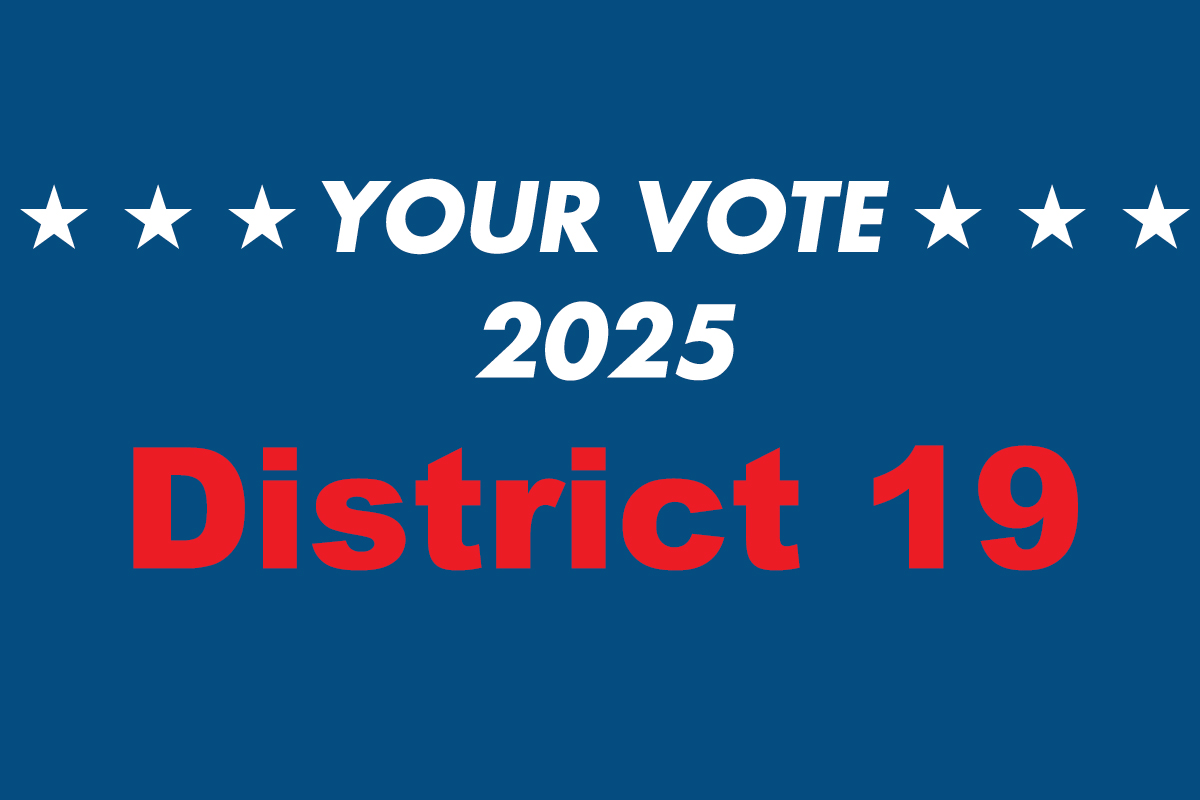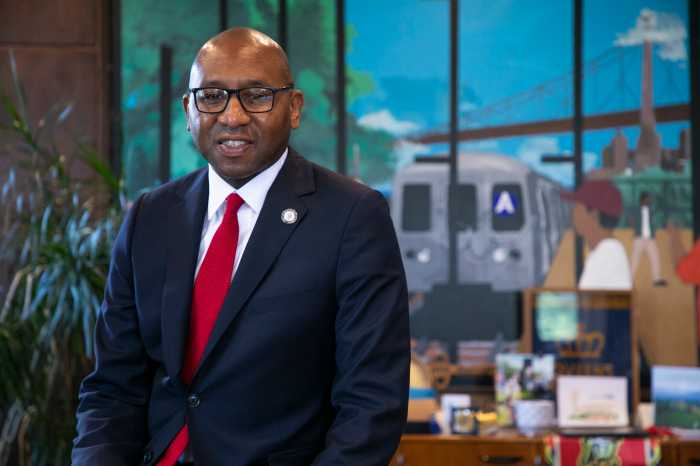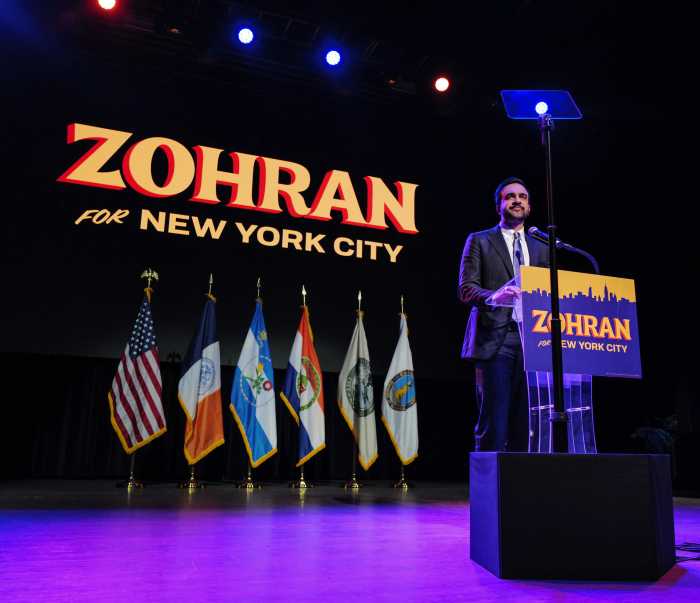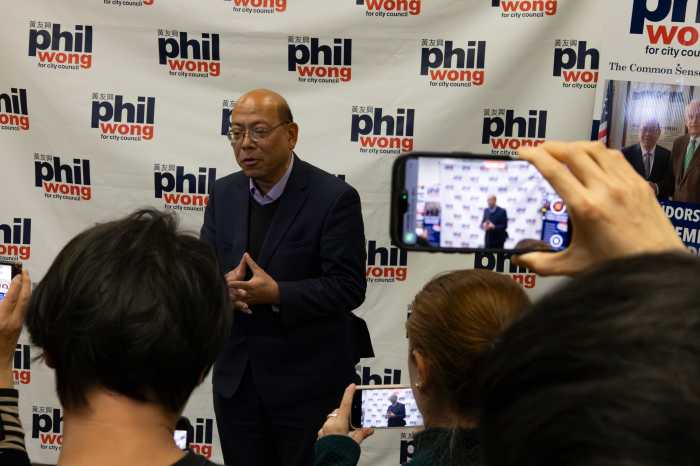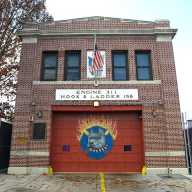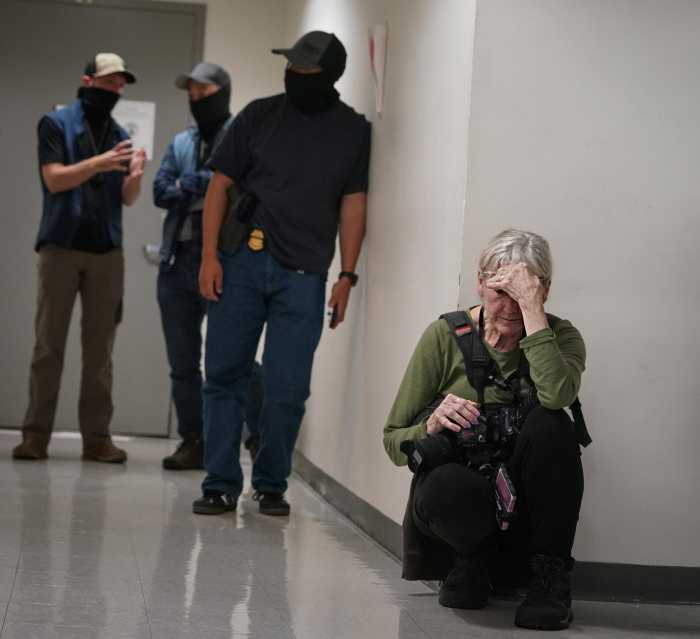Sponsored by AARP
During this week’s coverage, the news team sat down with District 19 City Council candidates, Ben Chou and incumbent Vickie Paladino, to discuss the state of education amongst older New York City residents.
Q: Lifelong learning is vital for active aging. What initiatives would you support to promote continued education and skill-building opportunities for seniors in your district?
Chou: This is why it’s so important to fully fund our public libraries. They’re natural community hubs for lifelong learning — safe, welcoming spaces where older adults can take computer classes, attend language workshops, learn new skills, or simply stay connected. I’ll advocate for increased library funding so they can expand both programming and hours of service.
Paladino: We should never stop learning, no matter how old we get. My office works closely with nonprofits like Commonpoint Queens to ensure our district has plenty of educational opportunities and activities available for our seniors, and I plan to expand on these programs by bringing two new senior centers to the district in my next term.
Q: Digital literacy is increasingly important for accessing healthcare, government services, and staying connected. How would you help older residents develop digital skills and ensure they have access to necessary technology?
Chou: This is a place where my opponent and I actually agree — we can’t force technology on our seniors. We need to meet them in their comfort zone and make sure that any efficiencies gained from digitization don’t come at the expense of access.
That’s why we need to embrace a “no wrong door” policy. Seniors should be able to get the help they need whether they walk into a library, call 311, or visit a senior center. Every city agency and community partner should be equipped to connect older adults to the services and information they need — online or in person. Technology should make life easier, not create new barriers.
Paladino: I think digital literacy will become less of an issue for seniors as Generation X and Millennials reach retirement age — which is already beginning to happen. However, in the meantime I think digital literacy at a very basic level is important for seniors; for instance, how to use a smartphone and how to recognize a scam. But I think we have to also be sensitive to the limits that many seniors have, by not forcing them to adopt technologies they don’t have any real interest in.
Q: Many seniors wish to stay engaged and informed about community issues. What programs or partnerships would you advocate for to provide educational workshops, seminars, or discussions tailored specifically for older adults?
Chou: Again, this underscores the importance of parks and libraries. They’re the heart of our neighborhoods and essential community hubs for older adults. Anything we do to improve and invest in these spaces will naturally improve seniors’ ability to stay connected and informed. When we invest in these public spaces, we’re not just improving infrastructure. We’re keeping our older residents active, informed, and engaged in shaping their communities.
Paladino: My office engages with the senior community on multiple fronts. We host workshops in our district office specifically tailored to seniors for community education and current events, as well as support with banking, city services, and bill paying, as well as seminars and town halls. My office also hosts the first and only Veterans Resource Center in the city, catering mostly to elderly and retired service members, something I’m extremely proud of.

